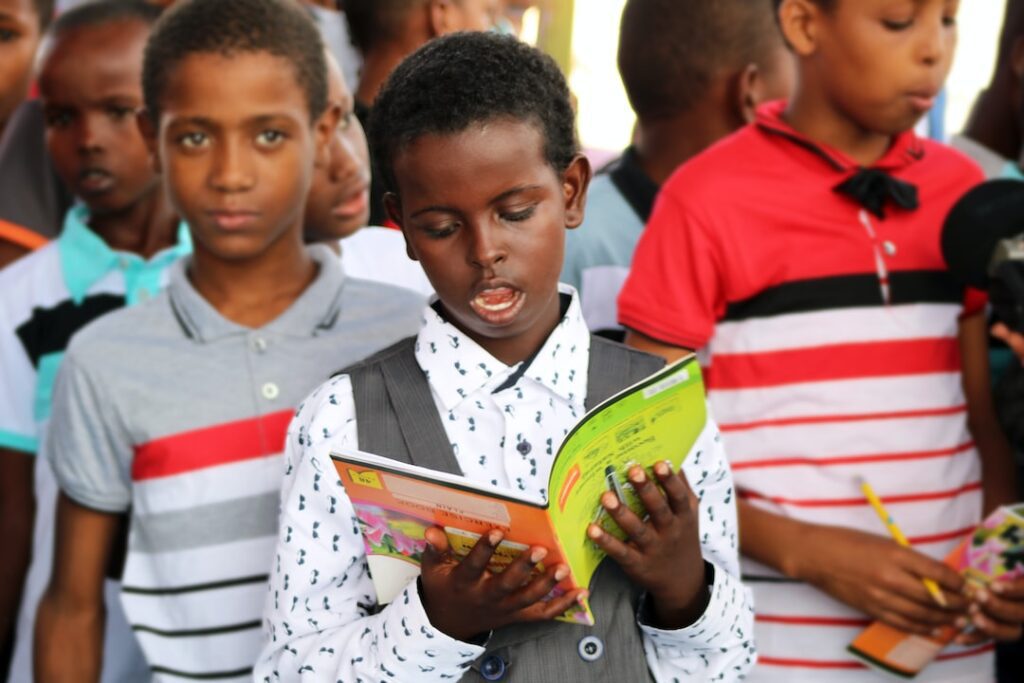Confronting a Friend Whose Child Bullies Your Child
Dealing with a situation where your child is being bullied by a friend’s child is undoubtedly challenging. It can be an emotional and delicate matter, but it’s essential to address the issue to ensure the well-being of all children involved. In this blog post, we’ll discuss how to approach and confront a friend in this sensitive situation. We will also explore some surprising statistics on childhood bullying to shed light on the prevalence and seriousness of this issue.
Statistics
It’s surprising to learn that approximately 20% of students aged 12-18 experience bullying, according to the National Center for Education Statistics. This statistic highlights the widespread nature of bullying and underscores the importance of addressing it promptly and effectively.
Understand the Situation
Before taking any action, it’s crucial to gather information and gain a thorough understanding of the situation. Talk to your child to get a clear picture of what has been happening. Find out when and where the bullying occurred, what kind of bullying took place, and how it has affected your child. Understanding the specifics will help you approach the conversation with your friend more confidently and constructively.
Approach with Empathy
When confronting a friend about their child’s behavior, it’s vital to approach the conversation with empathy and understanding. Remember that discussing sensitive topics related to their child can be challenging for any parent. Begin the conversation by expressing your concern for both the well-being of your child and the well-being of their child.
Listen and Remain Calm
During the conversation, it’s essential to actively listen to your friend’s perspective. Remain calm and composed, even if the discussion becomes emotionally charged. By staying composed, you can help keep the conversation focused and productive.
Communicate Clearly
Clearly communicate the details of the incidents that have occurred and the impact they have had on your child. It’s crucial to provide specific examples to help your friend understand the gravity of the situation. Be sure to express that your goal is to find a resolution that benefits both children and preserves the friendship between you and your friend.
Find Common Ground
Seek common ground with your friend as you work towards a resolution. Emphasize the shared interest in ensuring the well-being and happiness of both children. Collaborate on finding strategies to address the bullying behavior and prevent it from recurring.
How to Apply This in Your Daily Life
When dealing with a similar situation in your own life, consider the following steps:
1. Gather Information: Before approaching your friend, gather as much information as possible about the bullying incidents.
2. Approach with Empathy: Begin the conversation by expressing empathy and concern for both children involved.
3. Communicate Clearly: Clearly communicate the details of the incidents and their impact, aiming for a constructive and solution-oriented dialogue.
4. Find Common Ground: Work together with your friend to find common ground and develop strategies to address the situation.
It’s important to approach the discussion with a collaborative mindset, focusing on finding a resolution that benefits both families.
Summary
Confronting a friend whose child is bullying your child is undoubtedly a daunting task, but it’s essential for the well-being of all involved. By approaching the conversation with empathy, clear communication, and a focus on finding common ground, you can work towards a constructive resolution. Remember, the goal is not only to address the bullying behavior but also to preserve the friendship between you and your friend.











